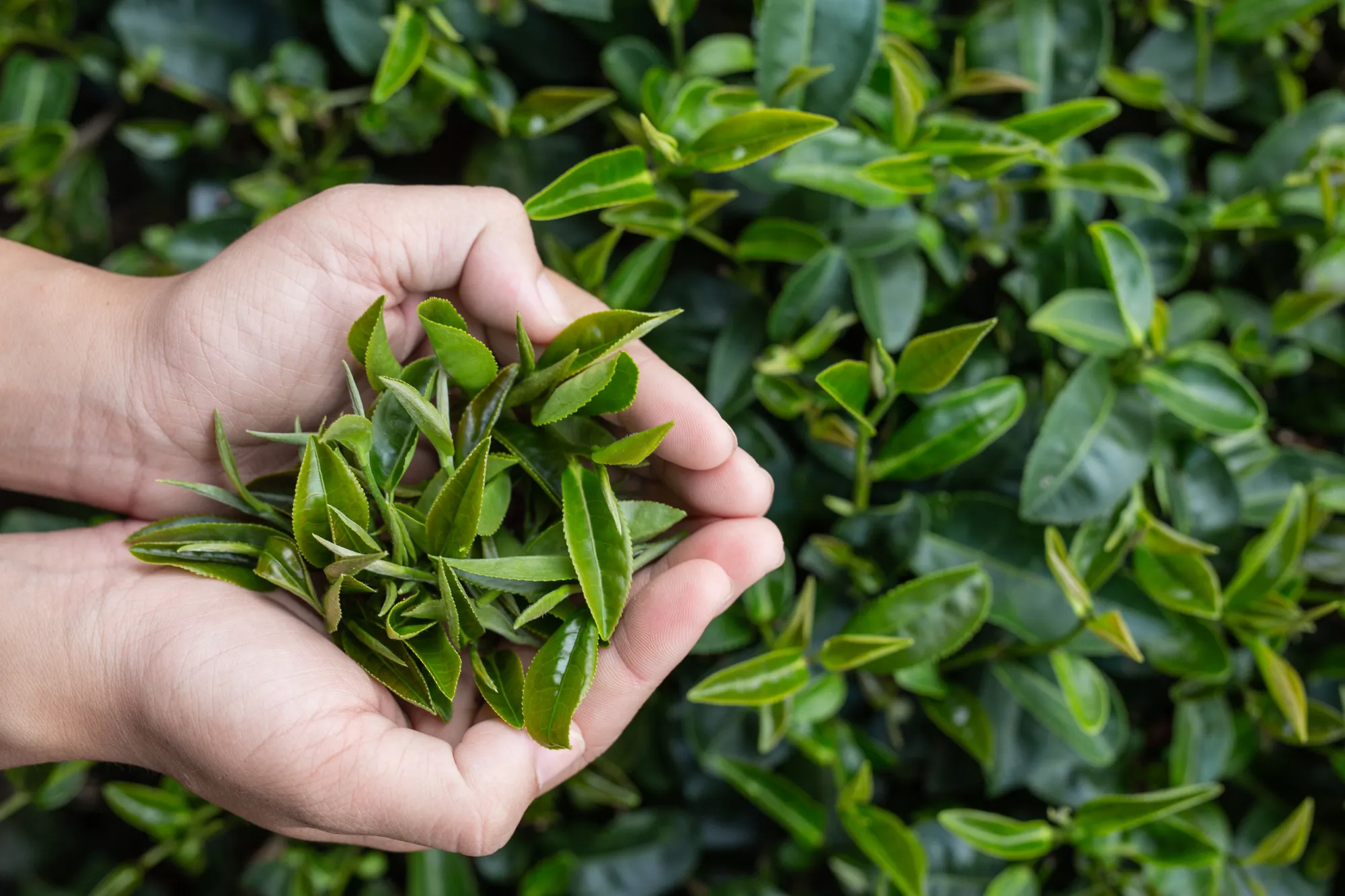Overview
In a groundbreaking study published by BMC Genomics, researchers from the Tea Research Institute of Qingdao Agricultural University, China have unveiled the intricate response mechanisms triggered by ammonium in tea plants, a discovery that has potential implications for agricultural practices and tea production. The study, entitled “Ammonium triggered the response mechanism of lysine crotonylome in tea plants” delves into the previously uncharted territory of nonhistone lysine crotonylation in tea leaves, offering fresh insights into the nitrogen absorption and assimilation processes in Camellia sinensis.
The Role of Lysine Crotonylation
Lysine crotonylation is a type of post-translational modification (PTM) that occurs on protein lysine residues and is crucial for various cellular processes. While several studies have shed light on this modification in other organisms, its functions in tea plants remained largely unknown until this study, led by Sun Jianhao and his team of researchers, embarked on a journey to profile this modification comprehensively.
The Influence of Ammonium
The study, supported by the National Natural Science Foundation of China and other provincial foundations, explored how ammonium (NH4+), a common nitrogen source for plants, affects lysine crotonylation in tea plants. The researchers subjected tea leaves to varying NH4+ concentrations and performed a global proteomic analysis to profile changes in the crotonylome.
Findings and Implications
The findings suggest that NH4+ significantly alters the lysine crotonylome in tea leaves, impacting primary metabolic processes and enzymatic activities. Specifically, photosynthesis, a fundamental process for plant growth and development, was heavily influenced by these modifications.
Potential for Agricultural Enhancement
These insights into the crotonylome response mechanism of tea plants open avenues for enhancing tea quality and yield through precision agriculture. Modifying NH4+ treatment could potentially lead to more efficient nitrogen use, minimize environmental impact, and improve tea flavor, which is directly linked to the plant’s metabolism.
Ethical and Publishing Standards
The study, funded by grants aimed at enhancing academic understanding and agricultural applications, adheres to the highest ethical and consent standards, as confirmed by the researchers and the publishing journal.
Keywords
1. Lysine crotonylation in tea plants
2. NH4+ impact on tea metabolism
3. Post-translational modifications in Camellia sinensis
4. Ammonium-induced proteome changes
5. Tea plant nitrogen assimilation
DOI and References
The DOI for this study is 10.1186/s12864-019-5716-z.
The following references provide additional context and support the findings of this research:
1. Huang, H., Yao, Q., Xia, E., Gao, L. (2018). ‘Metabolomics and transcriptomics analyses reveal nitrogen influences on the accumulation of flavonoids and amino acids in young shoots of tea plant (Camellia sinensis L.) associated with tea flavor.’ Journal of Agricultural and Food Chemistry, 66(37), 9828–9838. DOI: 10.1021/acs.jafc.8b01995.
2. Yang, Y.Y., Li, X.H., Ratcliffe, R.G., Ruan, J.Y. (2013). ‘Characterization of ammonium and nitrate uptake and assimilation in roots of tea plants.’ Russian Journal of Plant Physiology, 60(1), 91–99. DOI: 10.1134/S1021443712060180.
3. Jiang, J., Gai, Z., Wang, Y., Fan, K., Sun, L., Wang, H., Ding, Z. (2018). ‘Comprehensive proteome analyses of lysine acetylation in tea leaves by sensing nitrogen nutrition.’ BMC Genomics, 19(1), 840. DOI: 10.1186/s12864-018-5250-4.
4. Ruiz-Andres, O., Sanchez-Niño, M.D., Cannata-Ortiz, P., Ruiz-Ortega, M., Egido, J., Ortiz, A., Sanz, A.B. (2016). ‘Histone lysine crotonylation during acute kidney injury in mice.’ Disease Models & Mechanisms, 9(6), 633–645. DOI: 10.1242/dmm.024455.
5. Lin, Z.H., Zhong, Q.S., Chen, C.S., Ruan, Q.C., Chen, Z.H., You, X.M. (2016). ‘Carbon dioxide assimilation and photosynthetic electron transport of tea leaves under nitrogen deficiency.’ Botanical Studies, 57(1), 37. DOI: 10.1186/s40529-016-0152-8.
Conclusion
This study by Sun Jianhao and colleagues is a testament to the ongoing commitment of the scientific community to uncover the molecular intricacies of plant biology. It represents a significant step toward marrying the academic understanding of lysine crotonylation with practical approaches to improving agricultural outcomes. As the demand for tea continues to surge globally, findings like these not only contribute to the scientific literature but also pave the way for a future where agriculture harnesses cellular biology for optimized crop production.
